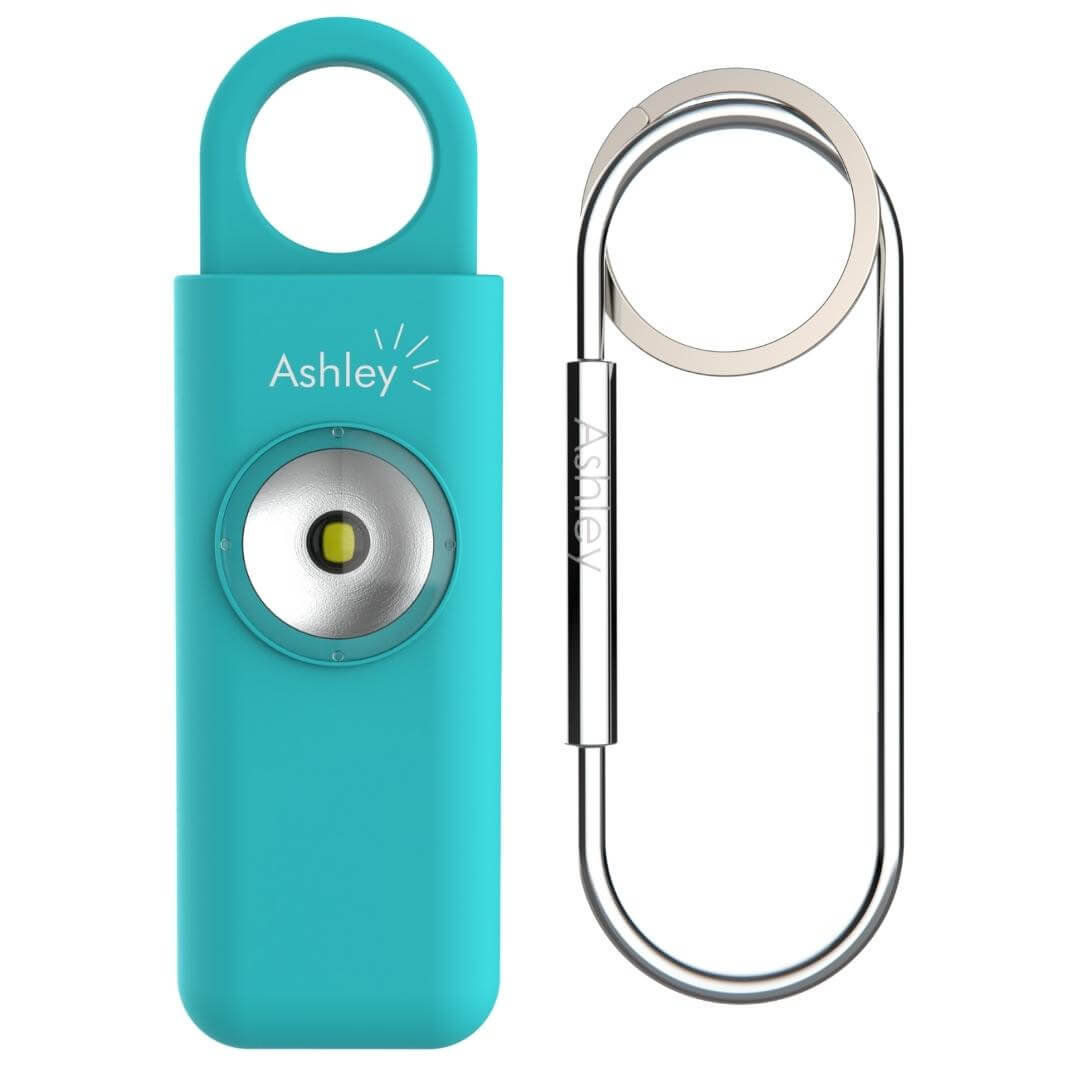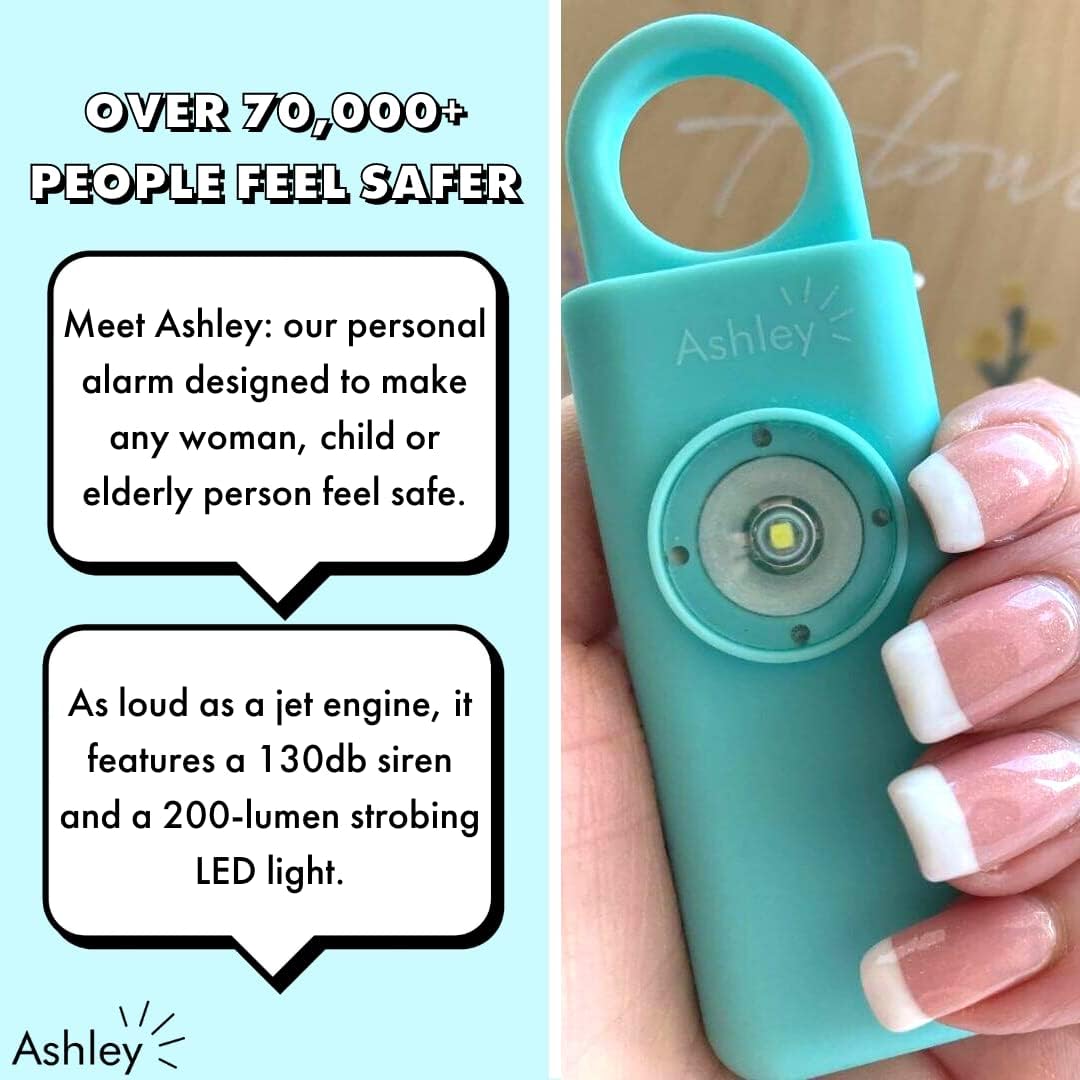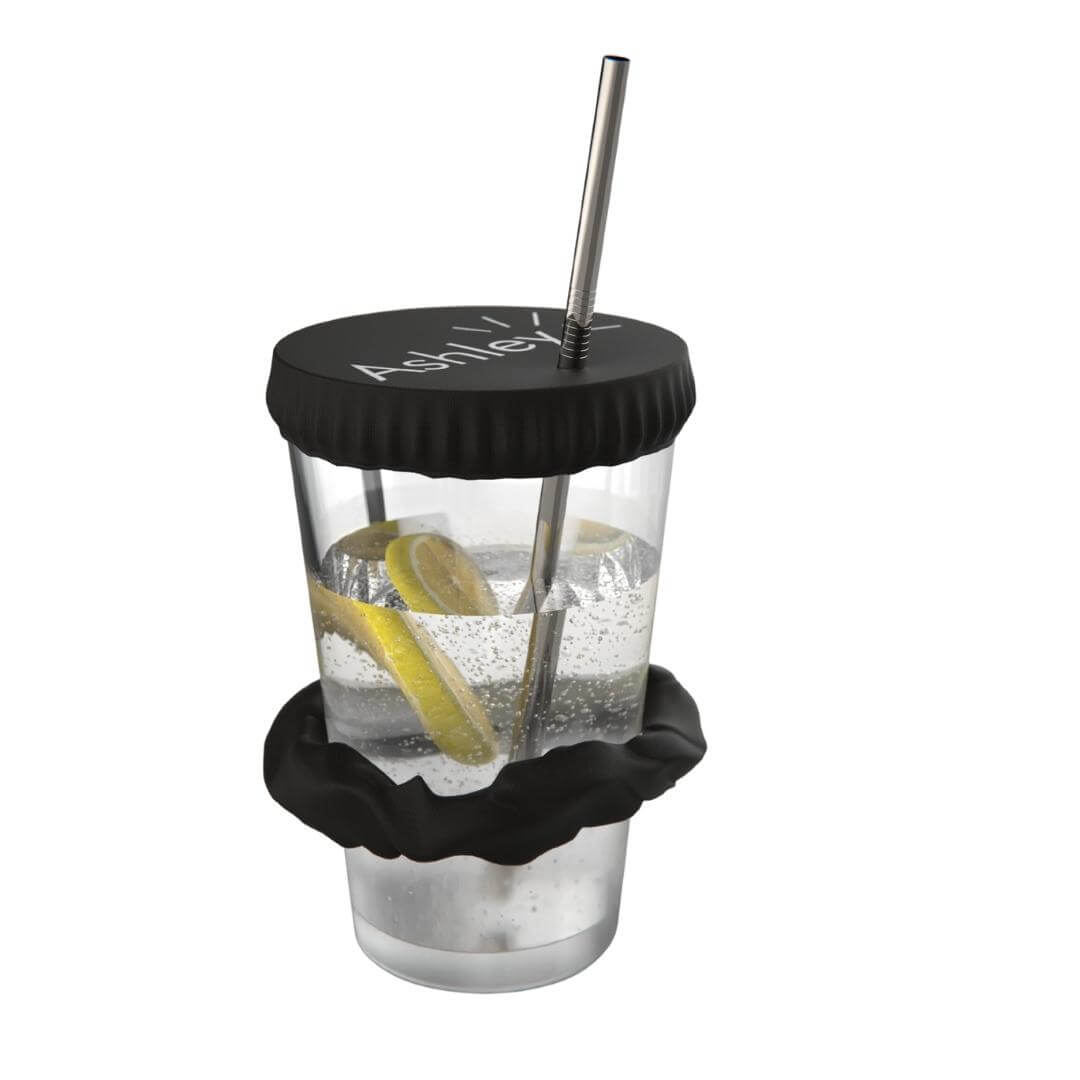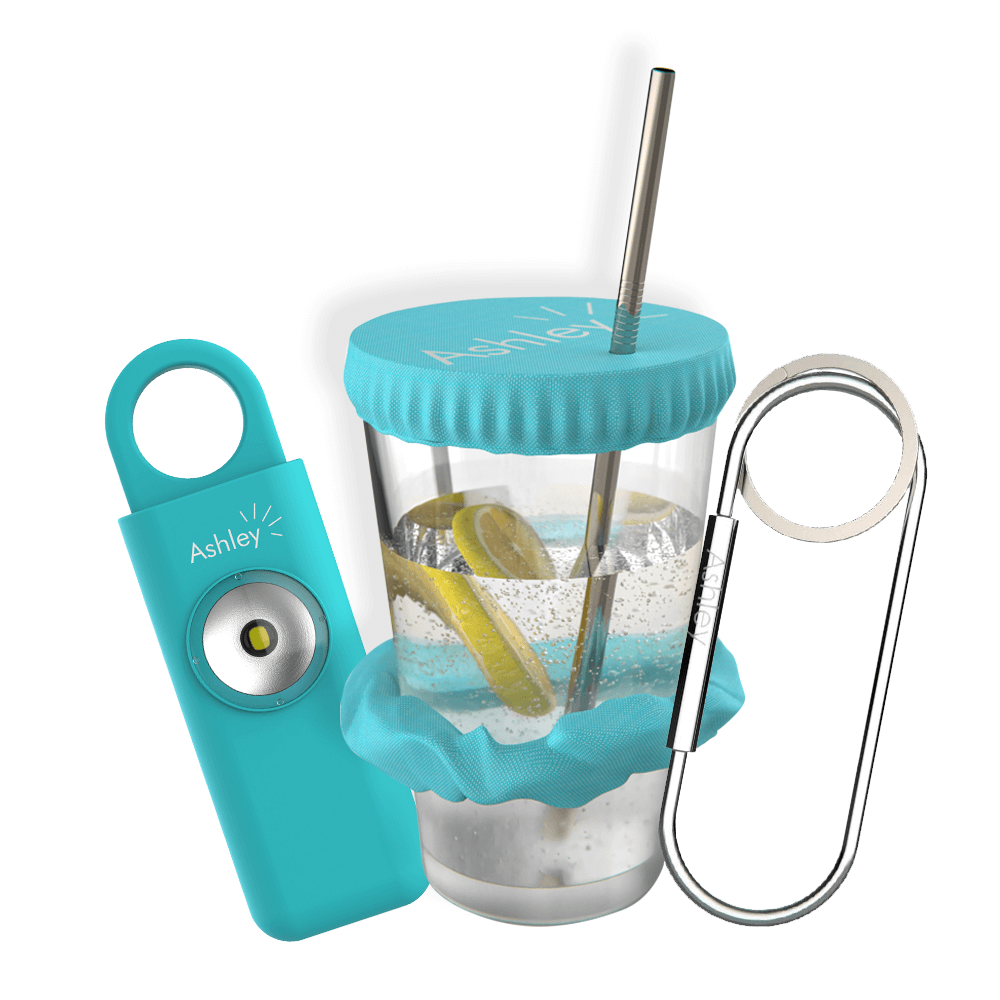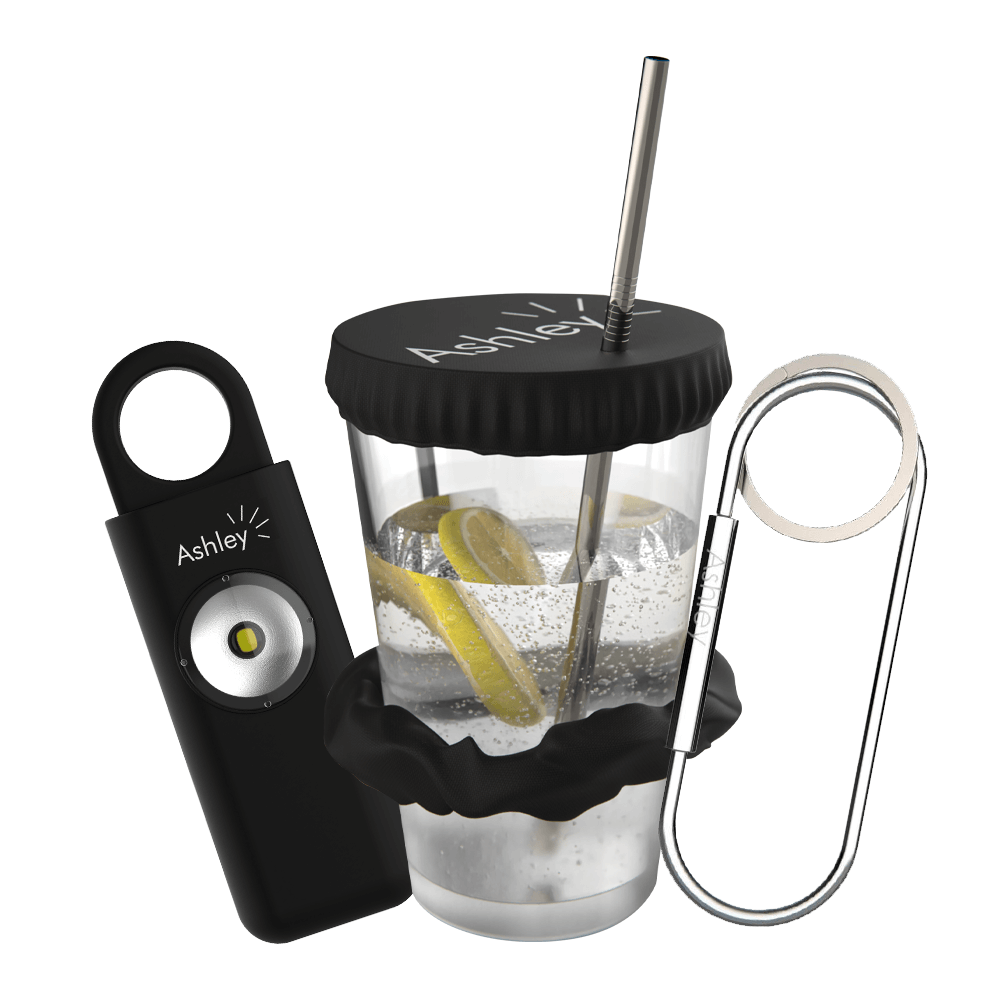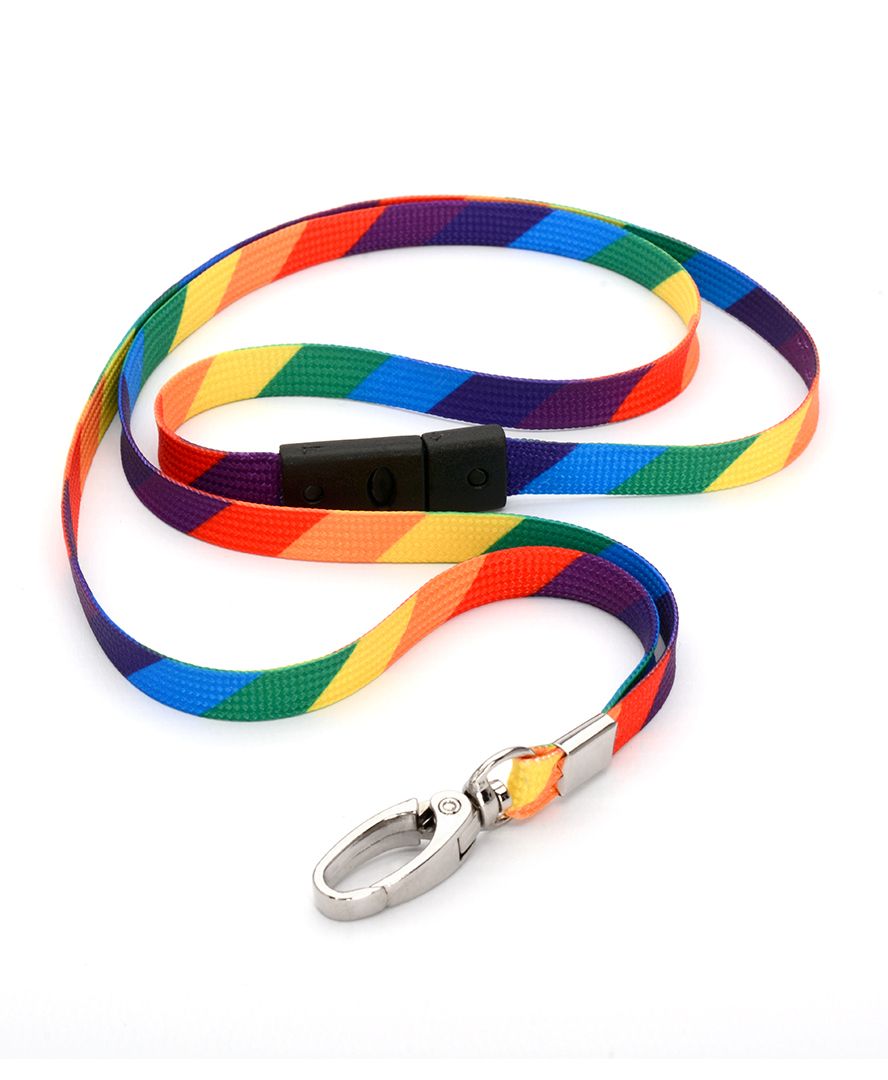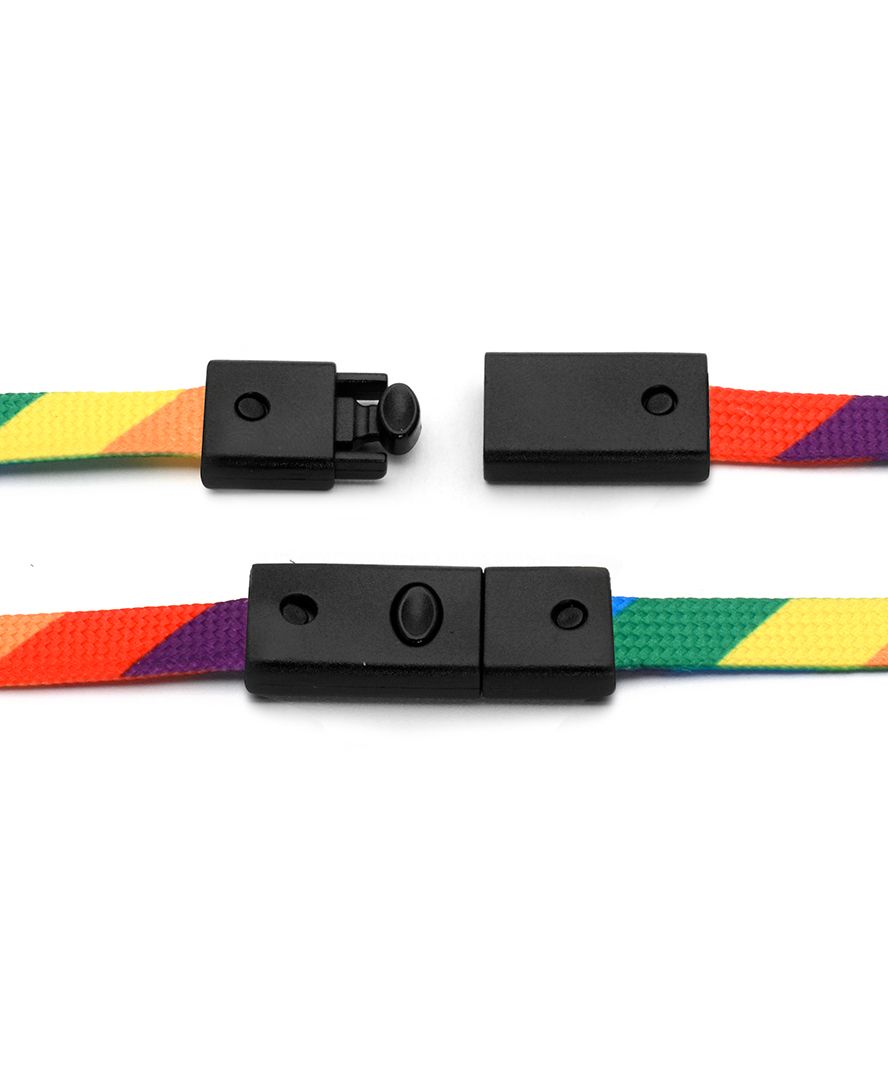It's all in the eyes - the longing gaze, the animated tail wag, the unmistakable whimper. For many, these are enough to melt hearts, an intimate, heart-to-heart connection between humans and their four-legged companions. However, these endearing traits may sometimes signal more than just canine affection. Dog anxiety, an oft-neglected aspect of pet ownership, has profound effects on both dogs and the people who deeply love them. A healthy dog is a happy pooch - and by extension, a content owner. Let's delve into the world of dog anxiety, unlock its causes, demystify commonly held misconceptions, and finally, explore effective treatments that can help your furry friends lead calmer, happier lives. Buckle up, fellow dog lovers; it's about to get paw-sitively enlightening!
Understanding Dog Anxiety
It's a heartwrenching experience watching our faithful companions deal with anxiety. Did you know that just like humans, dogs also experience anxiety, and it's far more prevalent than what we presume? Anxiety in dogs results from a multitude of factors and can drastically impact their overall well-being.
Prevalence of Anxiety in Dogs
Dog anxiety is no rare phenomenon. In fact, the prevalence of certain anxiety triggers has seen a dramatic upsurge in recent years. For instance, anxiety caused by other animals in dogs has risen from just 16.5% in 2020 to an astounding 43.52% in 2022. Similarly, a staggering 57.41% of our canine friends are anxious due to loud noises –- a 77% jump from 2020 figures. Even stranger fear, a common cause of canine discomfort, is observed in 20-25% of dogs, indicating how widespread anxiety is among our pets.
Causes of Anxiety in Dogs
While several factors can cause anxiety in dogs, some are more common than others. Environmental modifications, the introduction of new animals or people, loud noises, and in some instances, separation from their human companions can trigger anxiety in dogs. On our blog "Understanding Separation Anxiety in Dogs", we delve deeper into how separation anxiety impacts our dogs and ways to help them cope with it. It's essential to understand the various factors causing anxiety to assist our furry pals effectively.
Anxiety Rating in Dogs and Owners
Canine anxiety doesn't just affect our four-legged friends but transcends to us, the caregivers. With dog anxiety at an all-time high, the national average anxiety ratings present a grim picture. A recent survey indicates that while dog owners' anxiety sits at a rating of 2.9, it’s a distressing 3.9 for dogs. No dog lover would sit back and watch their faithful companion agonize.
Understanding dog anxiety, its causes, and its effects is the first step towards helping our pets. Be patient with your dog, empathize with their fears, and help them through their anxious moments. Remember, sometimes our furry friends need us as much as we need them! In doing so, we not only nurture healthier and happier dogs, but also ensure our anxiety doesn’t spike. Our efforts are a small price to pay for their endless love and loyalty.
Impact of Dogs on Owners' Mental Health
Friends come in all shapes and sizes, and sometimes, they even come with four legs and a tail. Today, we delve into the unique bond people share with their furry canine friends and how it impacts their mental well-being.
Pets, most especially dogs, have an uncanny knack for making us feel good. Don't just take our word for it—86% of pet owners affirm that their pets had a predominantly positive impact on their mental health. But what is it that makes our furry companions such invaluable partners in navigating the labyrinth of daily life?
Dogs are supremely tiptop at sensing their humans' emotions. They can tell when you’re melancholic and need a furry shoulder to lean on, or when you’re joyful and ready for an infectious celebratory dance around the living room. They offer unconditional love and companionship, helping many pet owners weather the stormy seas of stress, anxiety, and depression.
Surprisingly, being away from their pets causes nearly half—47% to be specific—of all Americans to feel anxious. This statistic shows the strong emotional bond that exists between humans and their dogs. But there's a twist. Pets can also experience separation anxiety. This mutual anxiety only strengthens the argument that pets, particularly dogs, play a significant role in our mental health.
Speaking of mental health, about 74% of pet owners claimed their mental health improved after getting a pet. It's clear from these testimonials that having a furry friend like a dog can increase feelings of happiness and reduce stress. It's like having a personal stress ball that barks!
However, it's important to remember that keeping your pet healthy is also pivotal in maintaining your mental well-being. A lot of emotional stress can come from knowing that your pet is not doing well. For instance, it’s very concerning when your pet gets anxious. You can find some helpful tips on how to deal with pet anxiety in our previous post about the Link Between Pet Anxiety and Well-being.
In the grand scheme of things, owning a dog is much more than a one-time decision. It's a commitment—a journey. However, it's undoubtedly a journey packed with wagging tails, slobbery kisses, and countless benefits for our mental health. In the end, it's clear as day that our canine friends are not just pets; they are family.
Common Concerns and Misconceptions about Dog Anxiety
Let's face it, being a pet parent isn't always a walk in the park. One of the most challenging aspects of caring for our furry friends is dealing with dog anxiety. Anxiety in dogs is a common, but often misunderstood condition. As any human who has ever felt anxious knows, it's not exactly a picnic for us, and for our canine companions, it's no different.
Anxiety in dogs can manifest in a variety of ways, causing them to bark excessively, become destructive or even show signs of aggression. However, understanding the triggers, symptoms, and effective treatments can help you manage your pet's anxiety more effectively.
A considerable concern we've noticed is the misconceptions revolving around dog anxiety. One common misconception is that only certain breeds of dogs can suffer from anxiety. This is far from the truth. Anxiety is not exclusive to any breed, size, or age group. It can affect any dog at any time.
Moreover, some dog owners may associate certain anxiety-related behaviors as being part of their pet’s personality. When, in reality, 72.5% of dogs show at least one anxiety-related behavior. Recognizing anxiety-related behaviors and responding proactively is a crucial part of pet care.
Another misguided belief is that anxiety only occurs when the dog is separated from its owner. While it's true that 76% of dogs experience separation anxiety, this isn't the only cause. Loud noises, unfamiliar environments, and past traumas can also lead to anxiety symptoms. In fact, it is estimated that separation anxiety specifically affects 24% to 30% of dogs.
Addressing these misconceptions head-on is crucial. Early recognition and timely intervention can significantly improve the quality of life for our anxious pups and us.
We'll dive deeper into the various types of anxiety, their triggers, symptoms and effective treatments in our upcoming sections. Together, let’s ensure our dogs can lead happy, stress-free lives.
Effective Treatments for Dog Anxiety
Dealing with a fur-baby battling anxiety can induce feelings of helplessness and despair. However, it's essential to remember that there are a variety of proven methods to alleviate those worrisome symptoms. Here, we're diving into an array of both traditional and innovative treatments that have shown remarkable success in calming canine angst. Whether it's FDA-approved medications, natural remedies, or adapting their environment, numerous strategies can make a world of difference in your pet's well-being.
Medications
There are several medications specifically formulated to address dog anxiety, some of which are:
- FDA Approved: Fluoxetine, Sileo, Clomipramine, Clomicalm offer a tailored approach to addressing your dog's fears. They may require a veterinarian's prescription, but their efficacy is proven.
- Over-the-counter Choices: Medications like Benadryl, Dramamine, and Melatonin are easily available and can offer relief in milder anxiety cases or short-term situations like travel.
Please consult your vet before administering any medication to ensure safety and appropriate dosage.
Behavioral Modification
We can't praise the benefits of behavioral modification enough in our endeavor to find the most Effective Solutions for Dog Anxiety. A variety of techniques such as positive reinforcement, desensitization, counter-conditioning can be incredibly successful and rewarding.
Physical Methods
Never underestimate the power of a good snuggle or a long walk. Being physically close to your dog, regular exercise, and training sessions go a long way in soothing their anxious minds. Physical treatments also include calming aids such as Thundershirts, massages, and even dog-calming music that can evoke a serene atmosphere for your pet.
Natural Remedies
For the pet parents leaning towards a holistic approach, nature lends a helping hand with multiple natural remedies, like:
- Pheromone products: Adaptil, diffusers, sprays, and collars, mimic the comforting pheromones a mother dog emits, creating a sense of calm and peace.
- Homeopathic remedies: Products like Rescue Remedy can offer a gentle and non-invasive solution to canine anxiety.
- CBD oil, herbs, Bach Flower Essences: These have gained popularity among natural product advocates and show significant promise.
Minimizing Disturbances
Creating a fear-free environment is an invaluable step in managing your dog's anxiety. Consider hiring dog sitters during go-away trips, introduce special toys or treats that can engage your dog and reduce anxiety-induced destructive behavior.
Remember, you're not alone, and there are effective options available to provide your furry companions with the relief they deserve. And most importantly, your loving and caring companionship is what your stressed pooch needs the most.
Conclusion
Our journey through understanding and managing dog anxiety provides insight into how profound the connection between humans and their furry companions can be. Through understanding the causes, implications, and solutions to this condition, we're encouraged to foster a more compassionate and supportive environment for our dogs. Equipping ourselves with the appropriate knowledge and tools not only allows us to alleviate our pets' anxiety but also contributes to our mutual happiness and well-being.
At Empowered by Ashley, our commitment is to facilitate this journey of understanding and management. Our range of innovative products like anxiety-relieving solutions for dogs aims at ensuring your pet's safety while enhancing their overall quality of life. Start paving the path towards a calmer, more relaxed pooch today. Remember, a healthier, happier pet means a healthier, happier you. Don't face these challenges alone; let Empowered by Ashley lend a hand. Together, we can make a meaningful difference in your pet's life.
Here's to a future free of anxiety for our furry friends!
Frequently Asked Questions
-
What are the signs of dog anxiety?
Signs of dog anxiety can include excessive barking, panting, pacing, trembling, destructive behavior, aggression, loss of appetite, and increased need for attention.
-
What are some effective solutions for dog anxiety?
Some effective solutions for dog anxiety include providing a safe and comfortable environment, regular exercise, positive reinforcement training, using calming aids like pheromone diffusers or sprays, and consulting with a veterinarian for possible medication or behavioral therapy.
-
Can certain dog breeds be more prone to anxiety?
Yes, certain dog breeds such as Chihuahuas, German Shepherds, Labrador Retrievers, and Border Collies may be more prone to anxiety. However, anxiety can affect dogs of any breed or size.
-
Are there any natural remedies for dog anxiety?
Yes, there are natural remedies that can help with dog anxiety, such as aromatherapy, herbal supplements, CBD oil, and anxiety wraps or vests. However, it's important to consult with a veterinarian before trying any natural remedies.
-
How long does it take for dog anxiety solutions to work?
The time it takes for dog anxiety solutions to work can vary depending on the severity of the anxiety and the effectiveness of the chosen solution. Some dogs may show improvement within a few days, while others may take weeks or even months to see noticeable changes.




